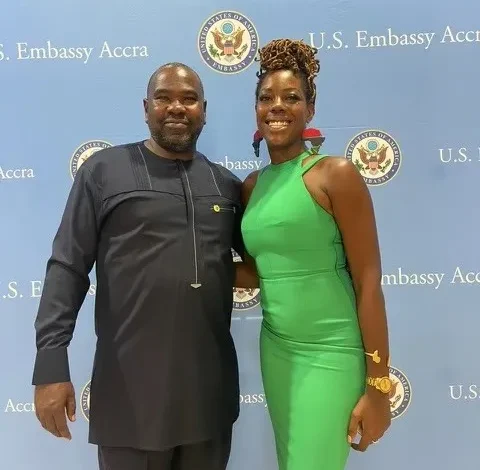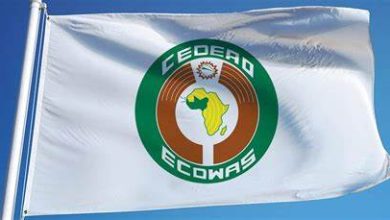
A landmark policy aimed at redefining Africa’s relationship with its global diaspora is set to be unveiled on African Liberation Day, Sunday (25 May 2025), at 20:00 GMT.
Themed “The Triangle Offense: The Blueprint for Diaspora Engagement and Economic Mobilisation,” the initiative is being positioned as the continent’s most comprehensive framework yet for diaspora reintegration and development in celebration of the African Liberation Day.
Developed through collaboration between government agencies, private sector actors, policy experts and diaspora leaders, the Triangle Offense proposes a scalable model to help African countries formally engage with their diaspora communities in ways that are legally inclusive, economically strategic, and nationally coordinated.
Strategic pillars
The policy rests on three pillars. The first is Diaspora Impact Assessments and Data Collection, a component that seeks to introduce transparent and standardised data systems to track the economic and social contributions of the diaspora, such as remittances, travel, innovation and return migration.
The approach builds on lessons from Ghana’s 2019 Year of Return, a cultural milestone that drew global attention but lacked long-term monitoring mechanisms.
The second pillar, National Diaspora Engagement Policies, aligns with the African Union’s Agenda 2063, which urges all member states to formalise diaspora policies by 2030. To date, only 11 countries have developed frameworks that move beyond symbolism.
The Triangle Offense model aims to fill this gap, offering a policy structure that could be replicated across ECOWAS and the wider AU bloc.
The third core focus is the Legislative Framework for Return and Citizenship, drawing inspiration from Ghana’s Homeland Return Bill. That bill seeks to create a legal pathway for African-descended people to acquire citizenship and reintegrate socially and economically.
The Triangle Offense takes this a step further by encouraging the integration of return legislation at a continental level.
A generational opportunity
Supporters of the policy say its timing is critical. With Africa projected to account for one in every four people globally by 2050 and over 60 per cent of its population under the age of 25, the continent is expected to play a leading role in the future global workforce and innovation economy.
Furthermore, the African Continental Free Trade Area (AfCFTA) is beginning to take shape. Nigeria’s first intra-African shipment to Kenya in 2024 under AfCFTA rules demonstrated the bloc’s practical potential. Advocates argue that migration and investment frameworks now need to catch up.
Meanwhile, the diaspora itself is described as ready and willing. Africans living abroad currently send home more than US$53 billion annually in remittances, and they hold trillions in savings. If better engaged, these resources could serve as a catalyst for Africa’s development.
Unlocking growth
Backers of the Triangle Offense believe that if implemented effectively with transparency, accountability, and coordination the policy could help unlock more than US$100 billion in diaspora-driven growth over the next decade. Target sectors include housing, infrastructure, education, technology, agriculture, and the creative industries.
The official unveiling of the policy will take place via a global livestream on African Liberation Day at 20:00 GMT (21:00 WAT). The initiative is jointly led by She Grows It, founded by Dr Ashley Milton, and The Adinkra Group, headed by Diallo Sumbry.
The Triangle Offense policy premieres via livestream, ushering in a new Pan-African era. Register now to participate online.
https://theadinkragroup.typeform.com/TriangleOffense










